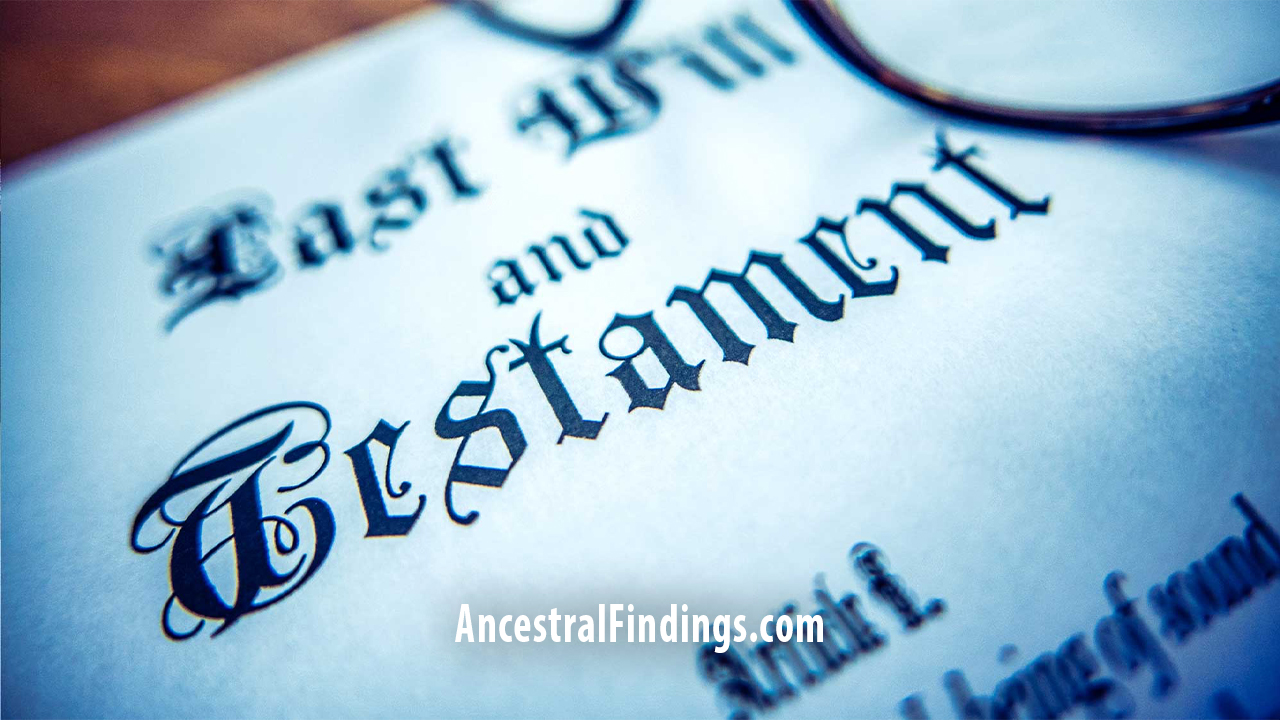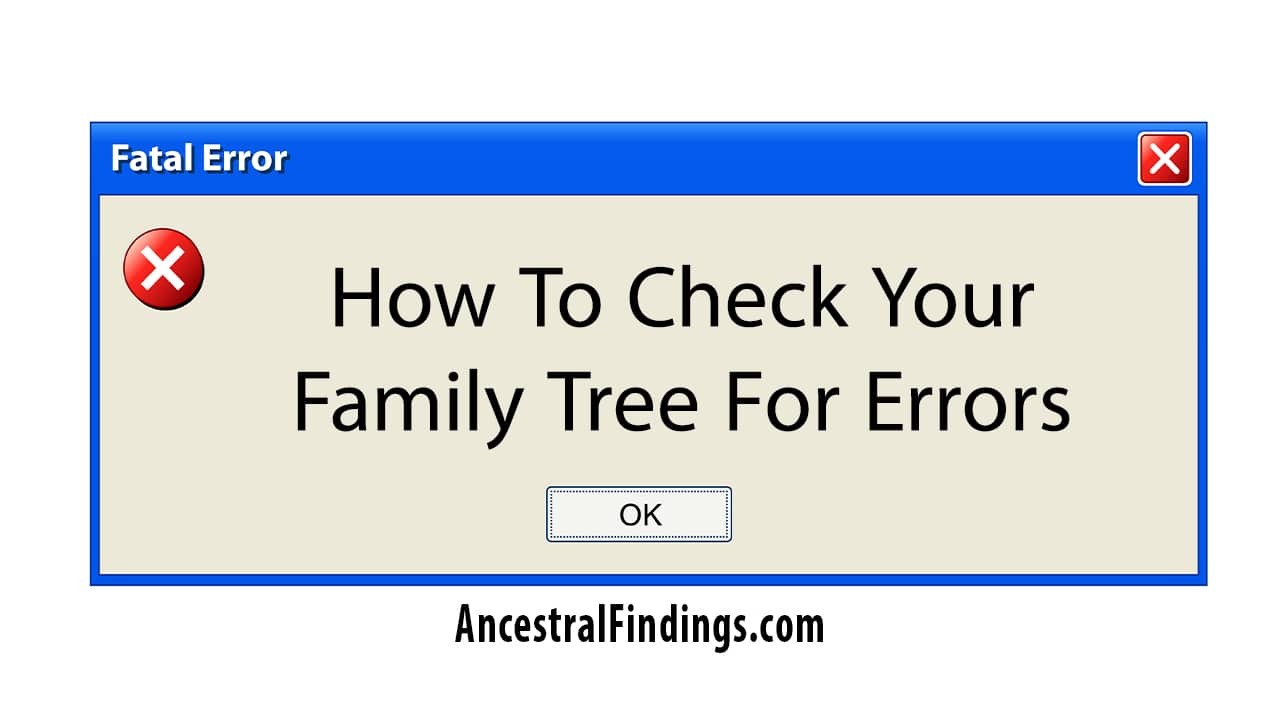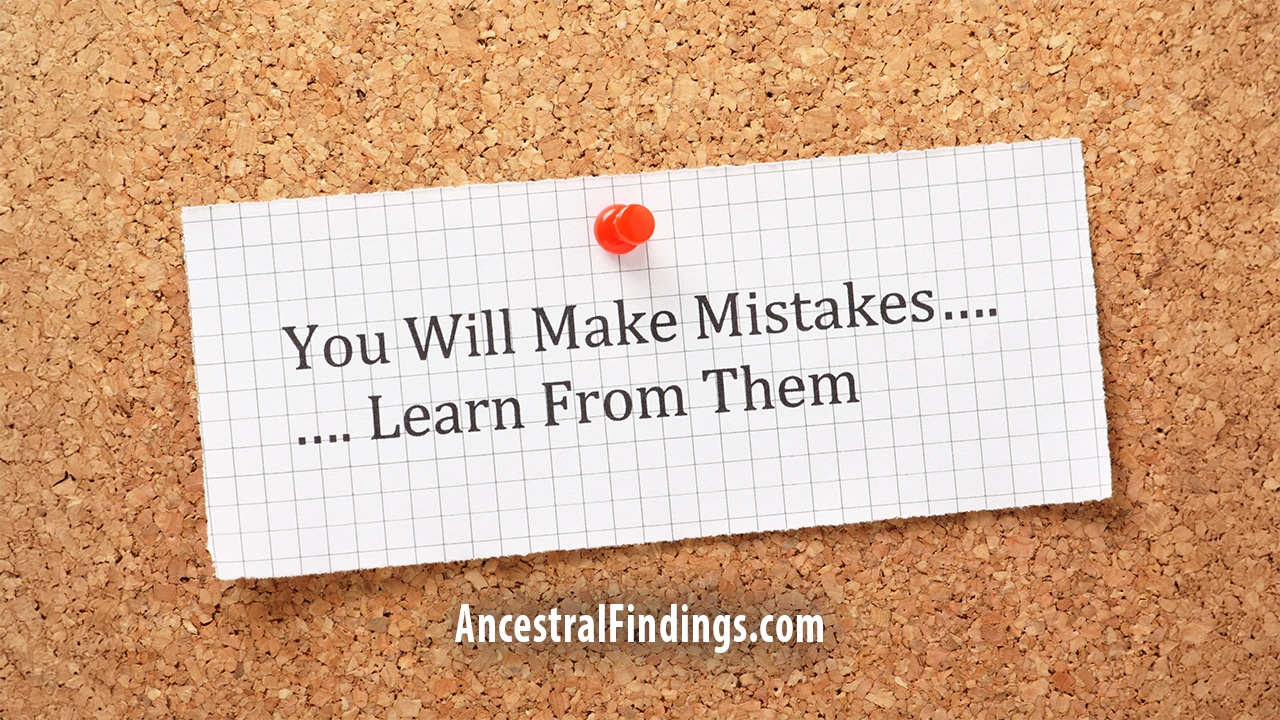Are you new to genealogy? It is a wonderful, fulfilling, and rewarding hobby. Knowing where you come from and being able to hand that information down to others is an amazing thing. You will feel really good about doing it, and you’ll probably be like most genealogists and want to do it all the time. Best of all, genealogy is something anyone can do. Before you begin, there are some basic things you need to know so you know the best place for you to start. These are the nine questions you need to ask yourself before you start researching your family tree.
1. How Much Do I Already Know?
It’s a good idea to write down what you already know since you don’t want to repeat any research you don’t need to.
2. Do I Have Proof for the Things I Already Know?
Even if you’ve known something about your family your whole life, do you have any proof in the form of vital records, court documents, military records, old newspaper records, or other things to back it up? Everything in genealogy needs to be questioned, so you must have proof of something before you put it on your family tree.
3. Do I Have a Good Family Tree Software Program?
You will need some kind of software to record your findings. Make sure you have one ready to go that you’ve researched thoroughly and are sure matches your needs and skill level (both in genealogy and computer use). – read more
4. Do I Have Older Relatives in the Family I Can Interview?
Interviewing older members of your family is an important part of getting started with genealogy. Who are the oldest people in your family and will they consent to let you interview them on their family history knowledge? – read more
5. Has Anyone Else in the Family Done Any Genealogy Research?
You don’t want to copy what someone else has already done. However, if you are working on different branches and only have one branch in common with another researcher, ask if they will share their research with you, as it can be helpful in getting your own research on that line off to a good start.
6. Are There Any Old Family Photographs for You to Use?
Ask around to see who has the oldest family photos and ask if you can look at them and even scan them. If the photos are identified, that’s wonderful. If not, get whatever information the owner has on the photo and use that to get probable identification through additional research on that family line.
7. Have Any Books Been Written About Any of Your Family Branches?
If so, you should read them, and you can use the information in the books in your own research as long as it is documented in the book, and as long as you properly attribute the source in your own research.
8. Where Did Your Ancestors Live?
Make a list of locations you know, as you will probably be visiting them at some point to go to the local archives, cemeteries, and old homesteads of your ancestors. – read more
9. What Genealogy Resources Are Available in Your Area?
Check to see if your area has any genealogy libraries, archives, or historical societies. If your family has a history in the area, you will definitely want to visit them to see what information they have on your local ancestors.






